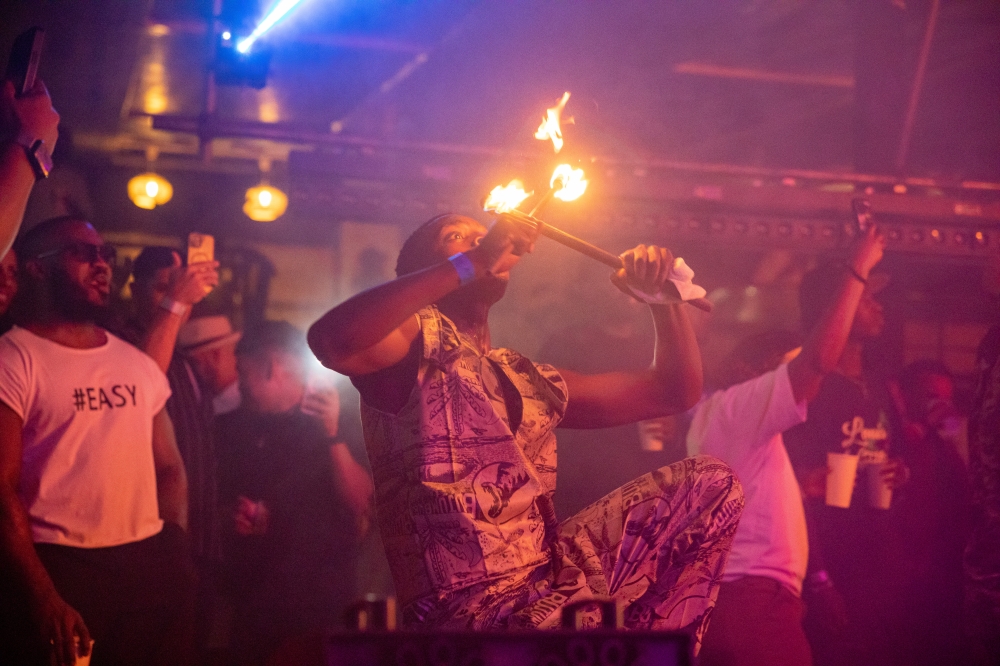Women representatives from eight countries in Africa recently met in Kigali under the aegis of the newly formed African Network of Women Shelters (ANWS).


Women representatives from eight countries in Africa recently met in Kigali under the aegis of the newly formed African Network of Women Shelters (ANWS). As members of the ANWS Steering Committee, including local actors addressing gender-based violence, the meeting aimed at charting the way forward as the Network takes root on the continent.During a news conference at the end of the meeting in which the Kigali Call to Action was issued as one of the outcomes of the meeting, a young journalist asked a starling question.He wanted to know what had been achieved in the fight against gender-based violence. But since he was unmarried and aspired to become a husband, he wondered what was being done to make women more submissive.That was an unexpected question, and the gasp of surprise was collective across the room. Rearing to respond, one could see the African women on the panel, some of them vocal activists of some repute, jostling eager to reply to that "submissive” question.There might have been some anticipation of "fireworks” in the activists’ response, but the women were calm and quite pragmatic. They made some persuasive arguments about the imperative of gender equality, which was satisfactory to the uninitiated and converted alike. This was an interesting moment. And though it probably left a question about his level of awareness on gender and human rights, one would want to believe the journalist was playing the devil’s advocate on the gains made locally. While it may be difficult to assess the impact of the war against violence thus far, the ANWS meeting brought important attention to the reality in Rwanda and Africa of the urgent need for shelter and safe spaces for victims of gender-based violence. Through the Kigali Call to Action, the ANWS decried the few refuges on the continent, noting that "women’s centres and safe spaces, where they exist in Africa, provide life saving services to women fleeing violence, often working in dangerous places with minimal support, resources and protection.” It also observed that cultural barriers often inhibit these centres from operating openly, meaning that victims often face a lifetime of discrimination, stigmatisation, poverty, and increased risk of further victimisation.Though Rwanda has show-cased the Isange One Stop Centre, the idea of shelters and safe spaces is still developing and being implemented. Other than the Police-run Isange Centre, there are an additional three run by the Ministry of Health. Safe spaces and refuges provided by civil society organisations in the country are fewer than ten.Current plans, according the Ministry of Gender and Family Promotion, are to have at least one centre for survivors of gender-based violence in all districts in the country. The Kigali Call to Action urges governments, civil society and aid agencies across Africa to strengthen policies and decrees and their facilitation as related to violence against women and gender-based violence. It calls on the governments to ensure the policies are fundamental in initiating and sustaining women’s centres and safe spaces, and that they are holistic, integrated and include community level awareness raising programmes conducted in a rights-based, gender and culturally sensitive manner. It also calls for integration of gender-based violence in school curricula.Twitter: @gituram




